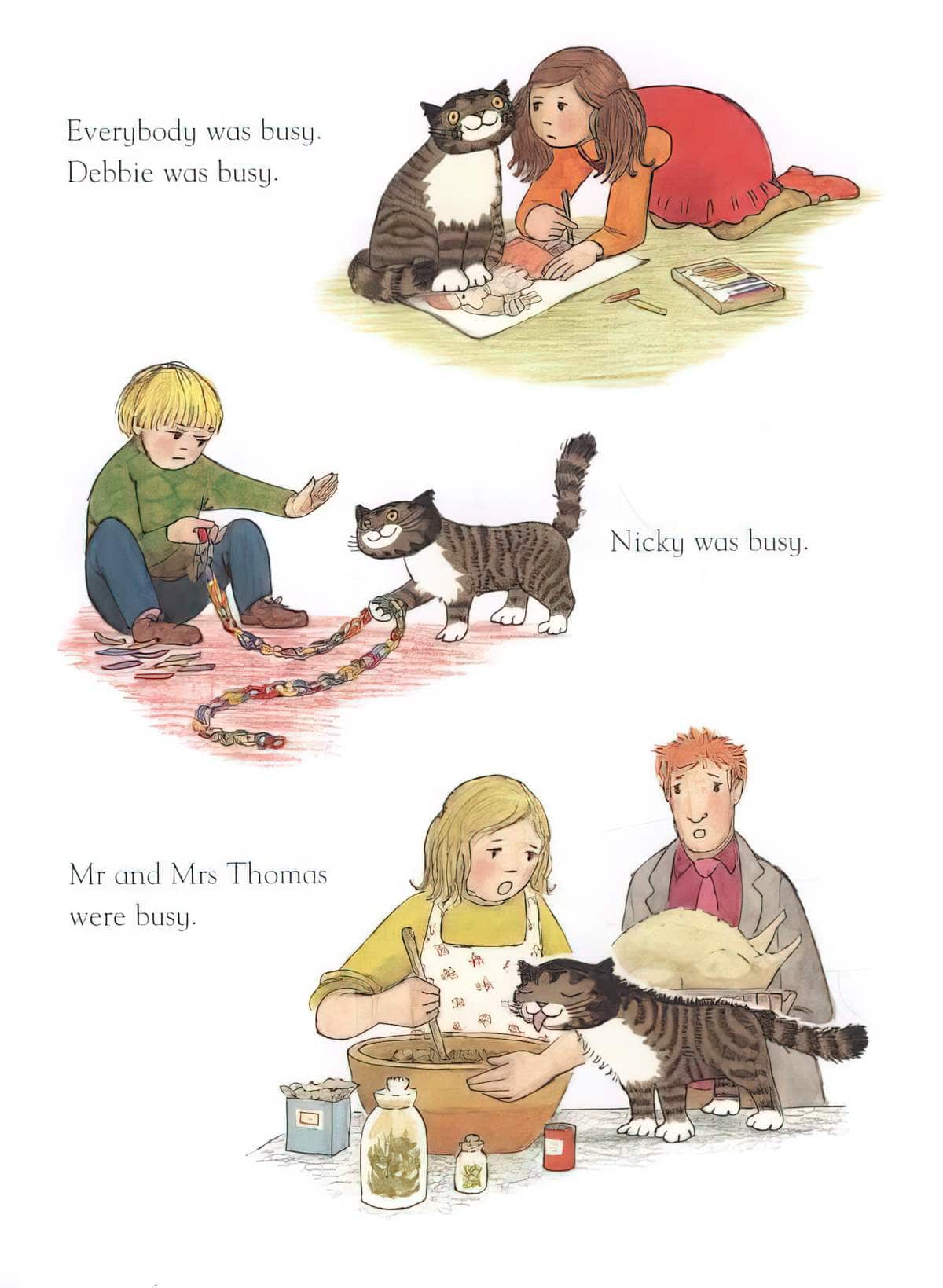Boondoggle is a mimetic word which sounds funny to English speakers along with nonsense words such as thingamebob, thingamejig, shenanigans, dongle, lollapalooza, bamboozle…
All of these words are inherently funny. Even without considering any meaning, they just sound funny. Linguists have studied what makes some words phonologically funnier than others. According to a 2015 study, funny words:
- Remind speakers of rude words without actually being rude (whong, dongl and shart, though shart is now a proper word).
- Words which aren’t rude, were never rude but sound just a little off e.g. rubbidge (an obsolete word for ‘rubbish’)
- Unlikely phoneme combinations (words containing lots of zeds, words which look like they’ve been invented by Dr Seuss, words with repeating vowel sounds e.g. rumbus). The weirder the word, the funnier it is.
- Words containing the /k/. (Think of how many jokes there are about ducks, who say ‘quack, quack’. Pickle, frickle, hi-jinks, nincompoop, malarkey, canoodle)
Although ‘boondoggle’ does not contain the /k’ sound, it is very mildly reminiscent of a rude word. ‘Boondoggle’ sounds like a euphemism for something without pointing to anything in particular.
Except a boondoggle does refer to something.
WHAT IS AN ACTUAL BOONDOGGLE?
In the early 20th century, boy Scouts made leather-braided little tags/lanyards as an activity. Some of these craft projects were used to tie their neck scarves. You can use them to decorate your keys or as ties for a whistle.
Someone decided to call the little thingamebobs ‘boondoggles’. (In Australia and New Zealand the same items as scarf fasteners are called ‘woggles’.)
The scouts themselves probably considered the darn things a waste of valuable boyhood. They probably preferred building fires, rowing boats and so on.
So the word ‘boondoggle’ took on a figurative meaning:
A Waste of Time. As a verb, To Waste Time. You can spend an afternoon boondoggling at the office, waiting for home time. Boondoggling is looking busy but achieving nothing.
BOONDOGGLE: A WASTE OF TIME
Following on from the boy scout usage, when unemployed people are required to keep busy doing useless tasks this is called a boondoggle.
A.K.A. a bullshlt job, a fool’s errand, snipe hunt, wild-goose chase.
When government employees make work for themselves to justify their own positions, this is also a boondoggle. People whose travel expenses are paid can go off on boondoggles at someone else’s expense. Boondoggling and politicians go together.
A boondoggle is a waste of time and money.
Other similar words: busy-work, make-work. When the boondoggle is a journey, we call it a junket. (It used to be spelt juncate.) The word jaunt also includes a dismissive connotation.
OLD WORDS FOR BOONDOGGLE
Will the word ‘boondoggle’ stick around? Maybe, maybe not. English has already farewelled some perfectly good words which meant the same thing. In the 18th century, people used the word ‘to fudgel’.
Another old word for this phenomenon is ‘snudge’. It started off meaning ‘To snudge along, to walk looking downward and poring as though the head was full of business…We then pass to the idea of grovelling, going along in a dejected way with the head down.’ From there, it’s easy to imagine someone snudging along is hiding something. If someone is snudging at work with their head down, not interacting, they’re thought to look busy and unapproachable. Emphasis on look busy. (Babies snudge into their mothers; babies don’t get anything done.)
I’ve heard teachers use the word ‘colouring-in’ to describe a task which keeps students occupied but does not have a learning outcome.
‘Time filler’ is another word which isn’t nearly as funny. (Fillers can be useful brain breaks when implemented properly.)
Goldbricking was used for about 100 years from the mid 1800s.
Goldbricking: a swindle that consisted of selling a putative gold brick, which was only coated in gold.
The swindle is attested from 1879, the sense “to swindle” is attested 1902, and the sense “to shirk” is attested 1914, popularized as World War I armed forces slang.
Wiktionary
IS BOONDOGGLING ‘LAZY’?
Boondoggle does not refer to people, but to their task and situation.
There’s a whole other category of words to describe people who are not considered to be pulling their weight:
- strap-hanger
- bludger (note the meaning is slightly different between Australia and USA)
- goof
- free-rider
- free-loader
- shirker
- coaster
- loafer
- hanger-on
- sponger
- etc.
People boondoggling appear to be: frittering time, fiddle-faddling, burning daylight, going to school to eat your lunch, shilly-shallying about, sitting there with your thumb up your arse, picking your bum, arseing about.
But boondoggling is not about laziness. Boondoggling is frequently a required activity for powerless people, due to inefficient or deliberately punitive systems.
The header illustration is from Mog’s Christmas, a picture book by English author and illustrator Judith Kerr.

